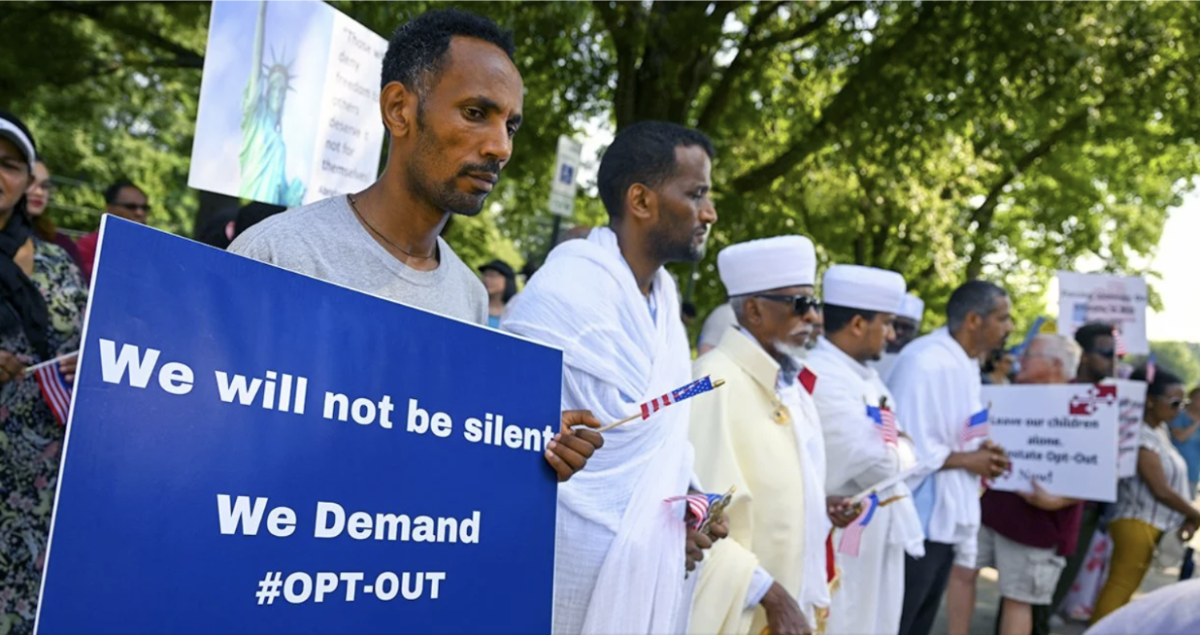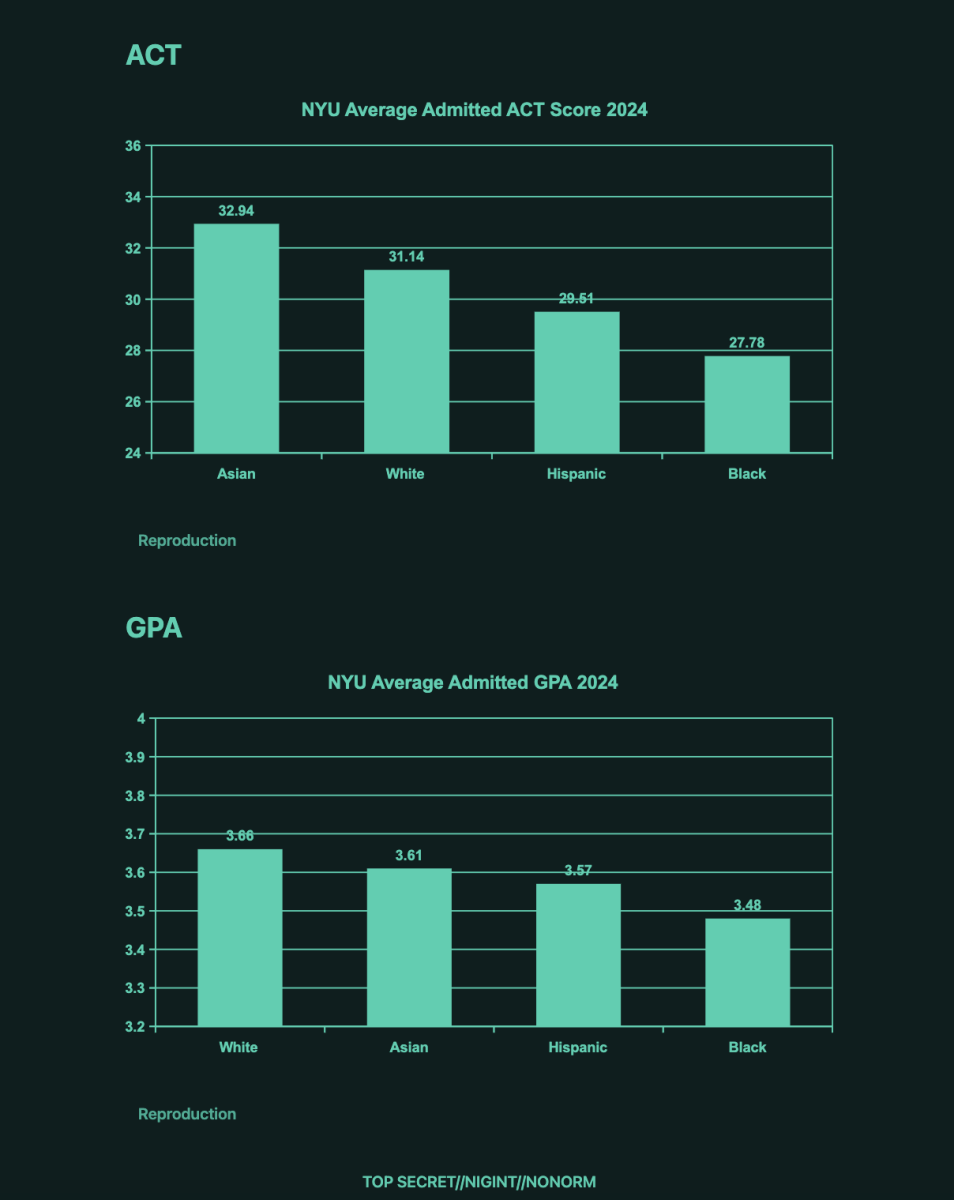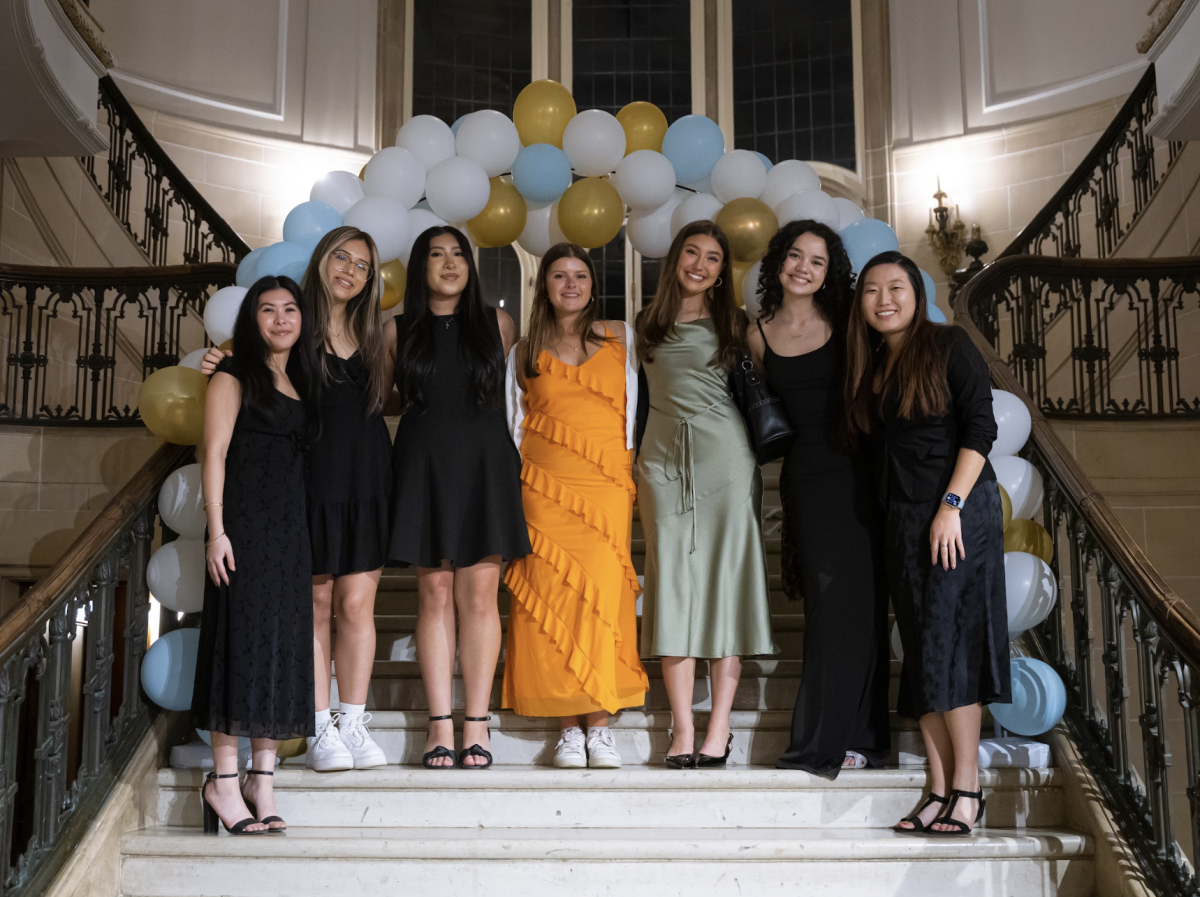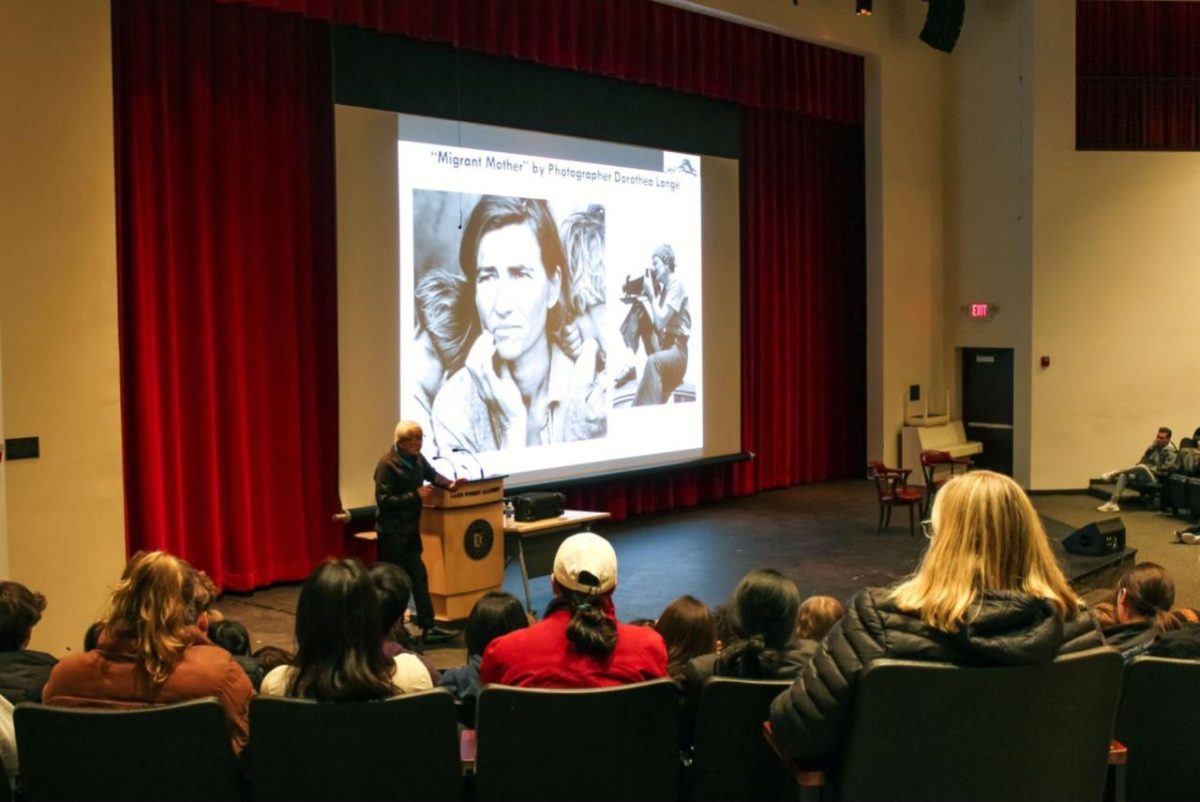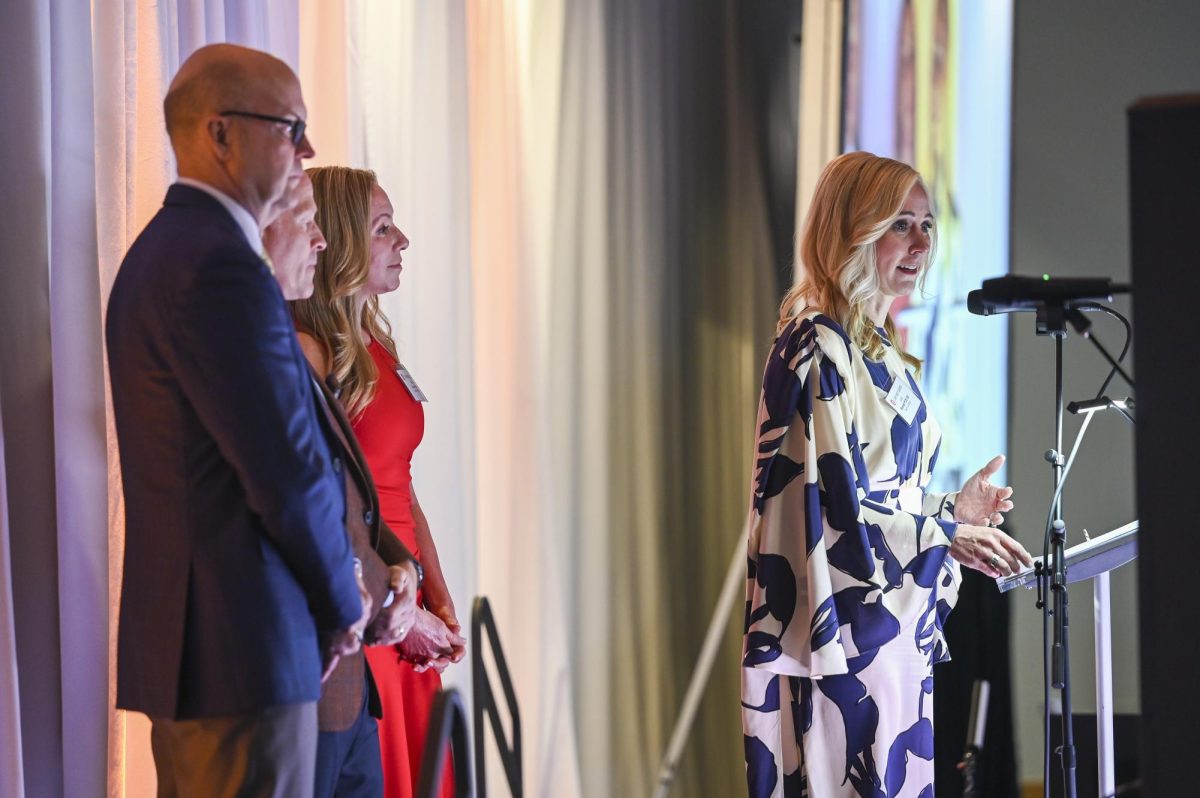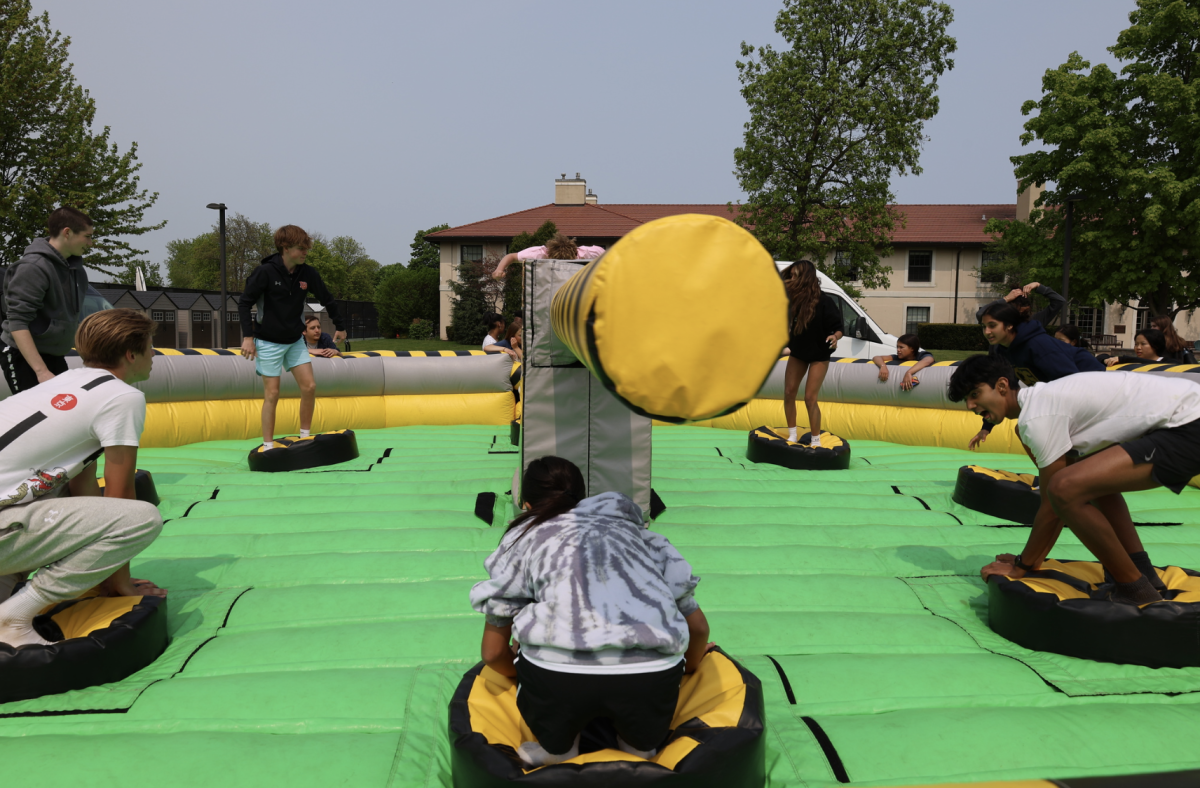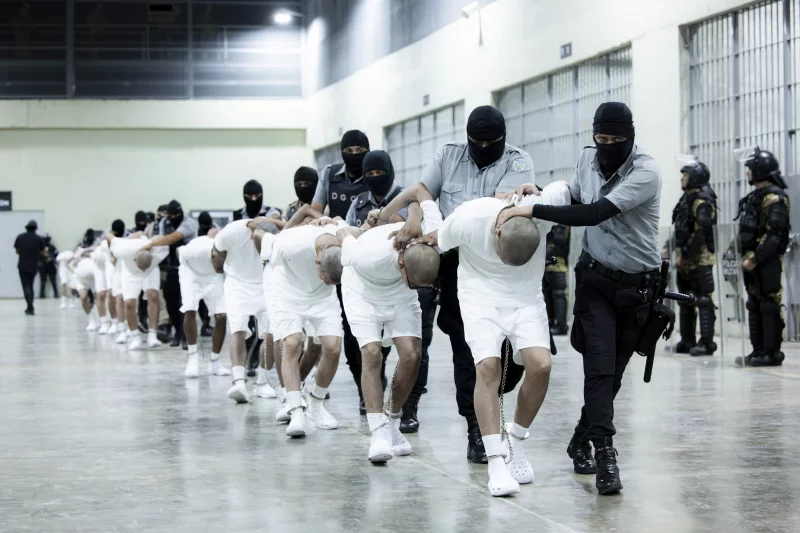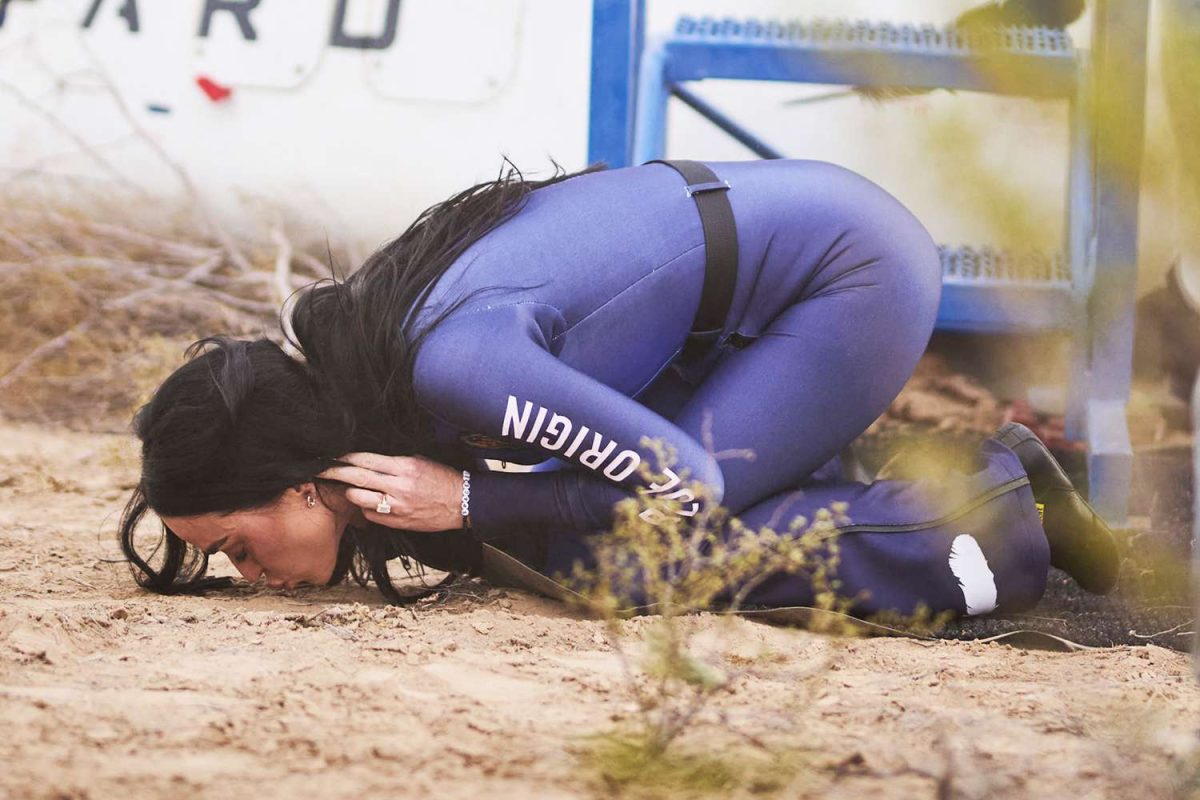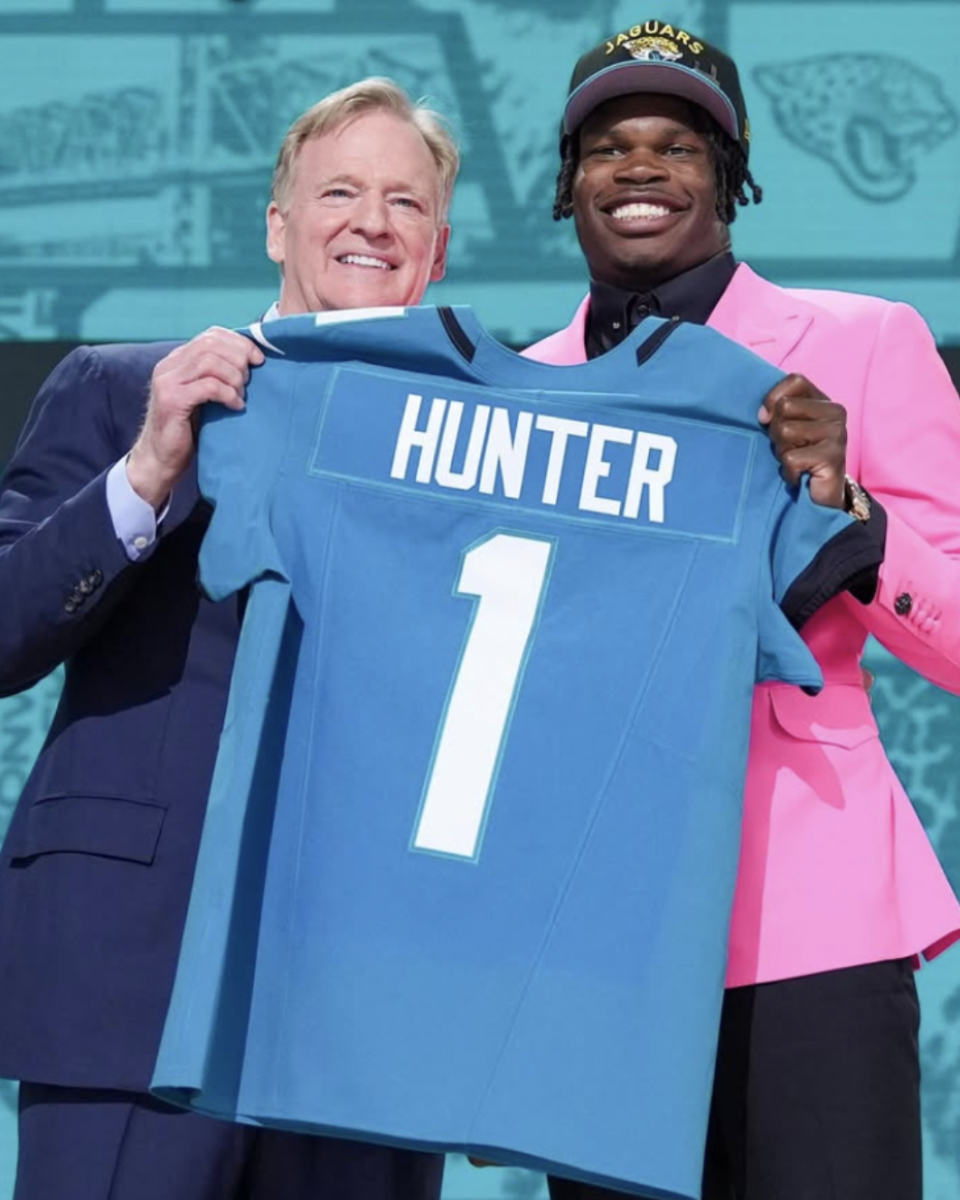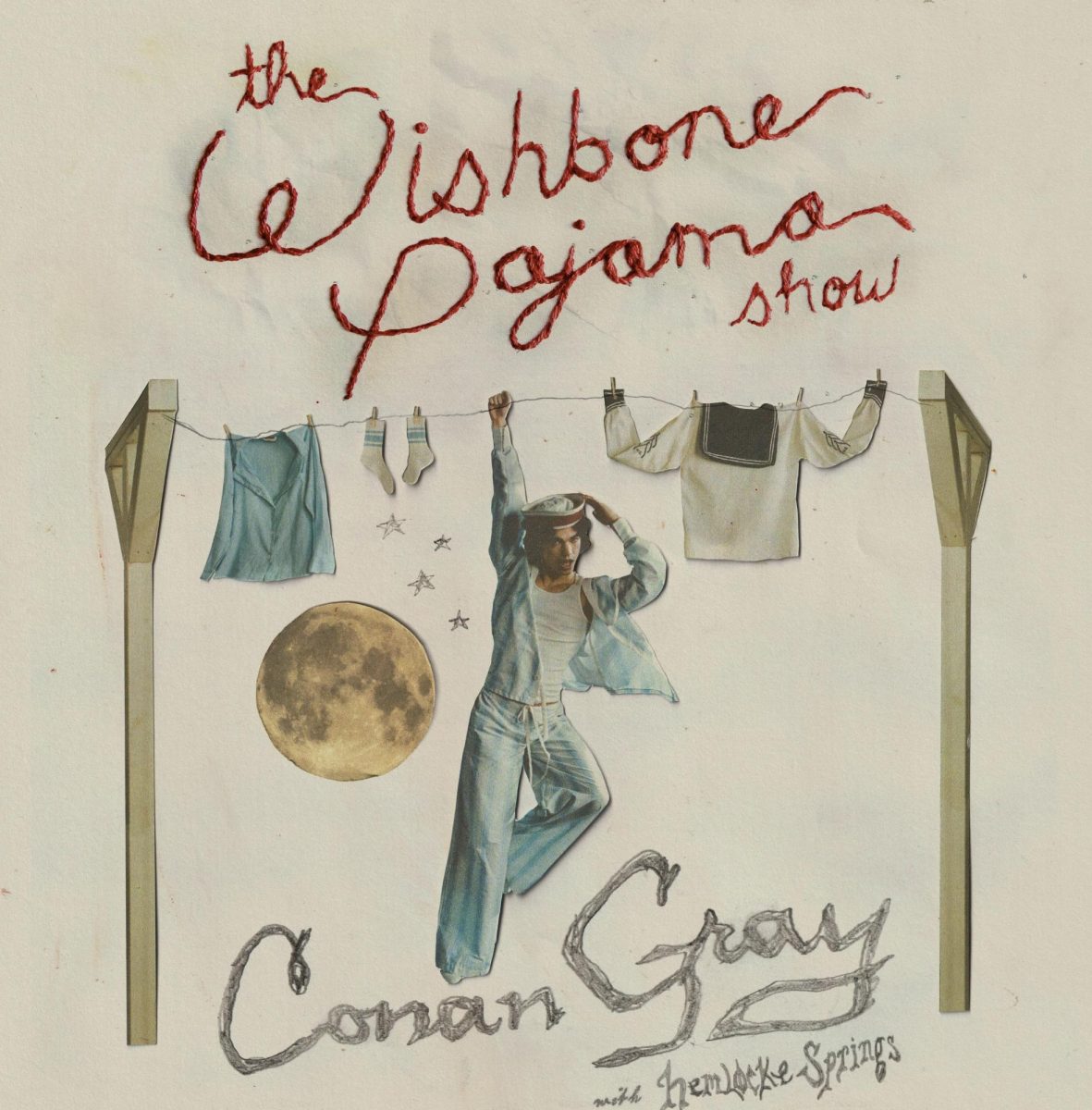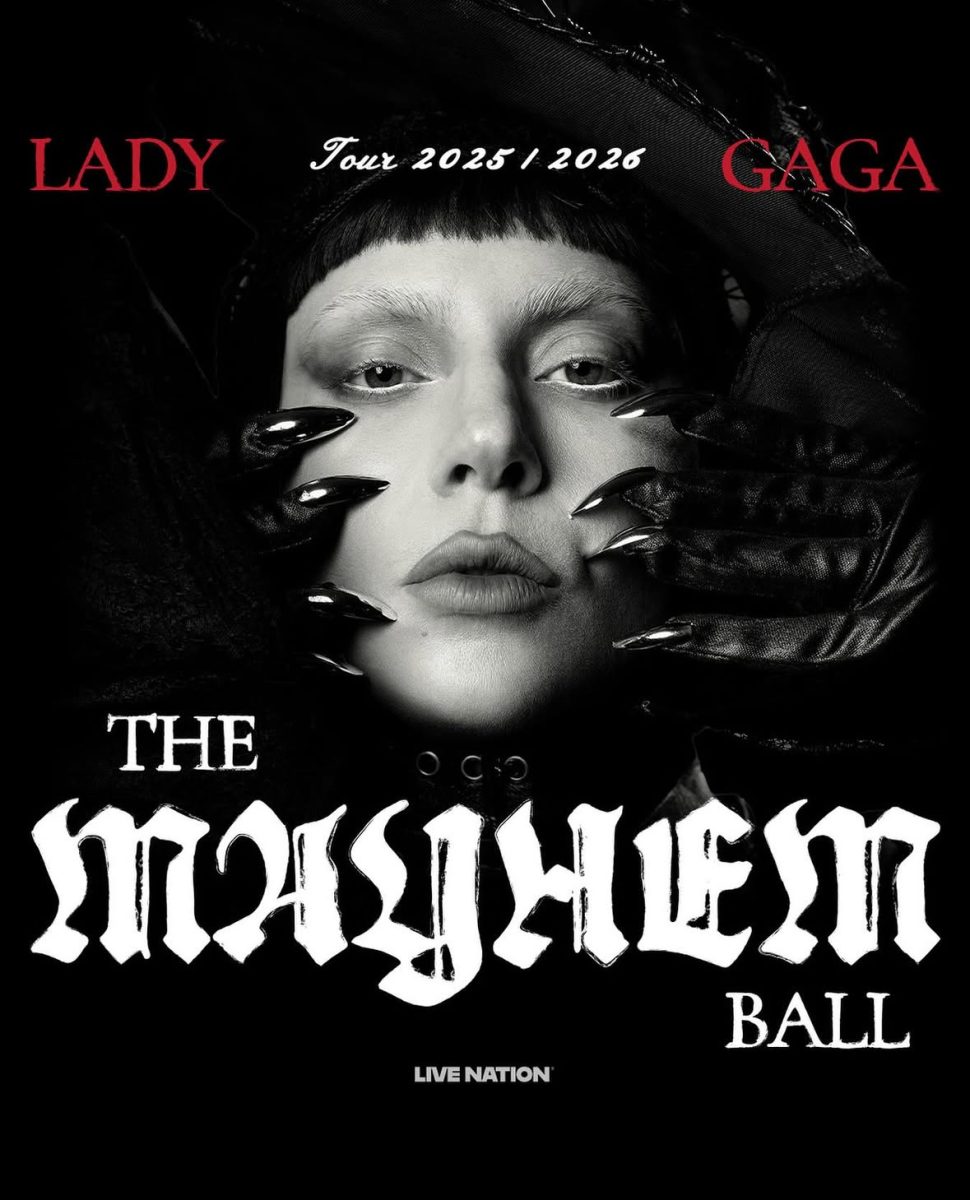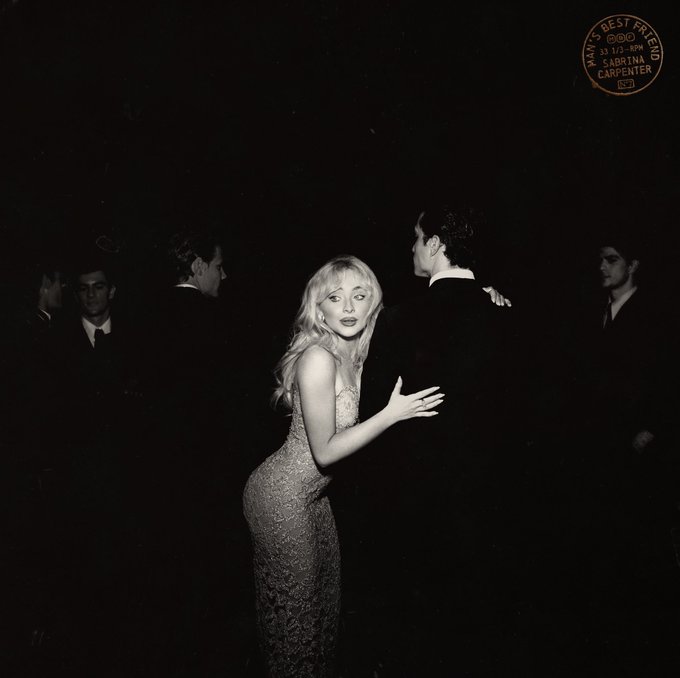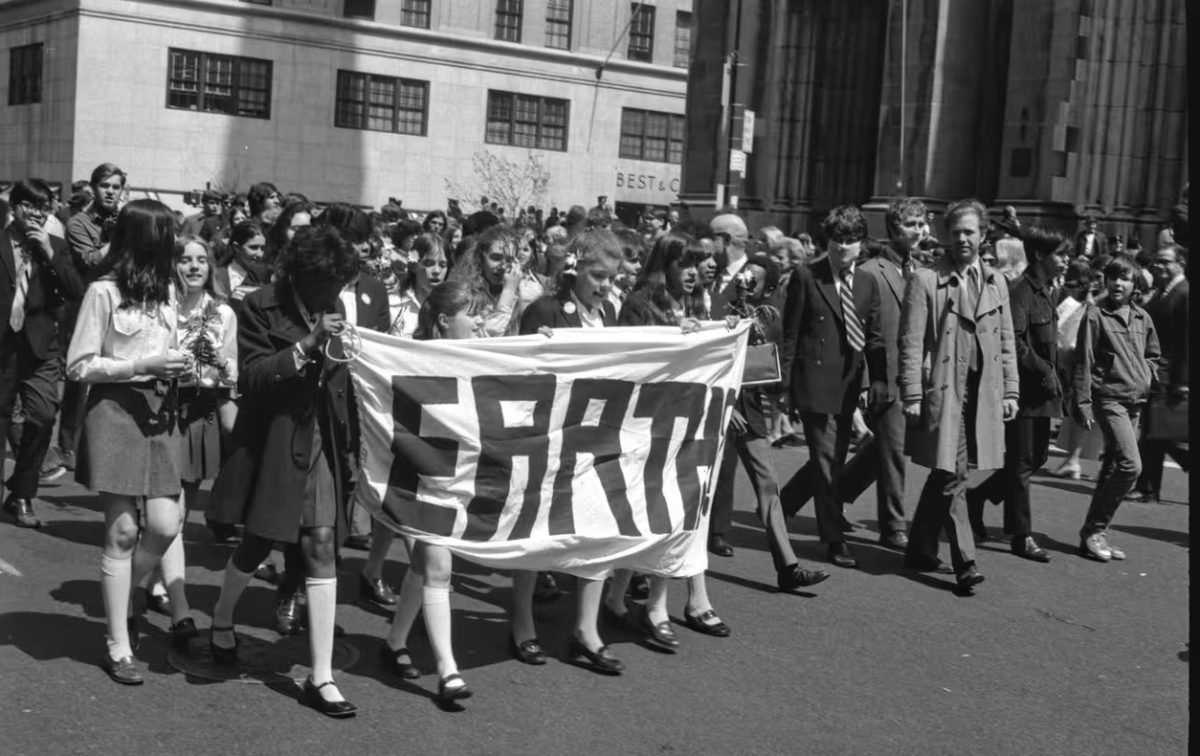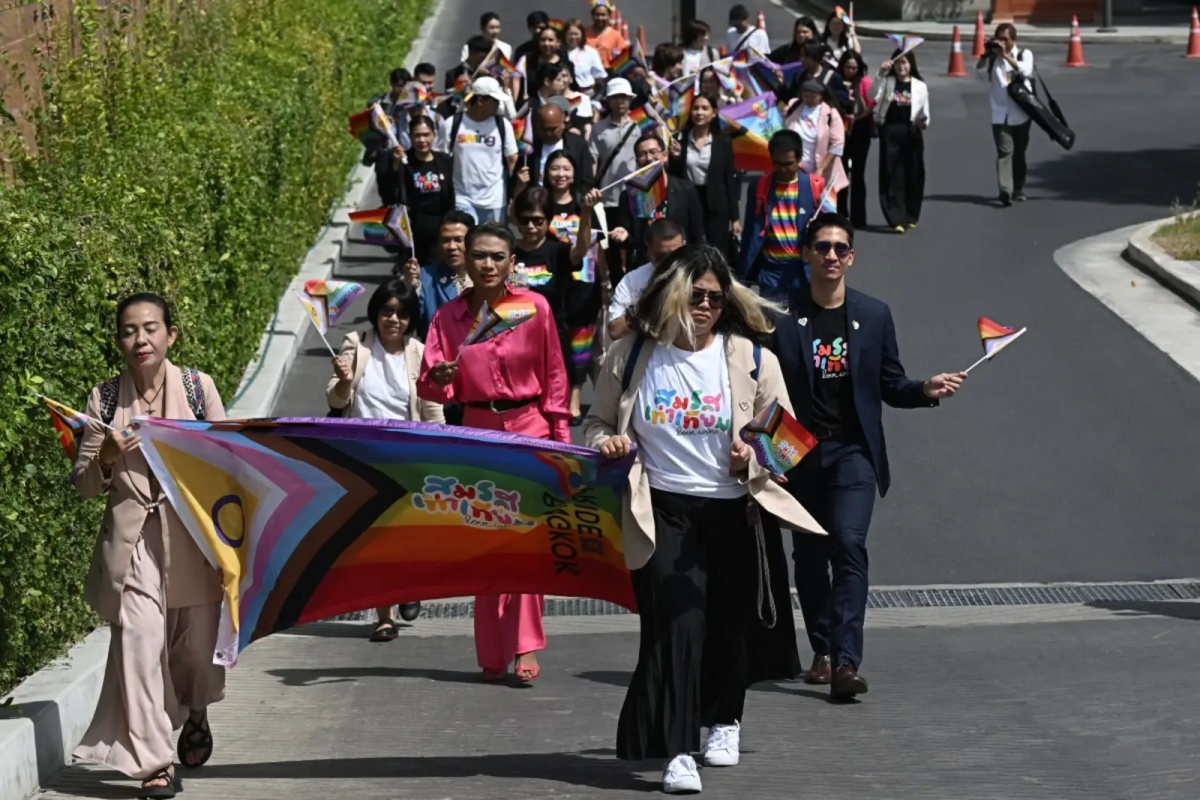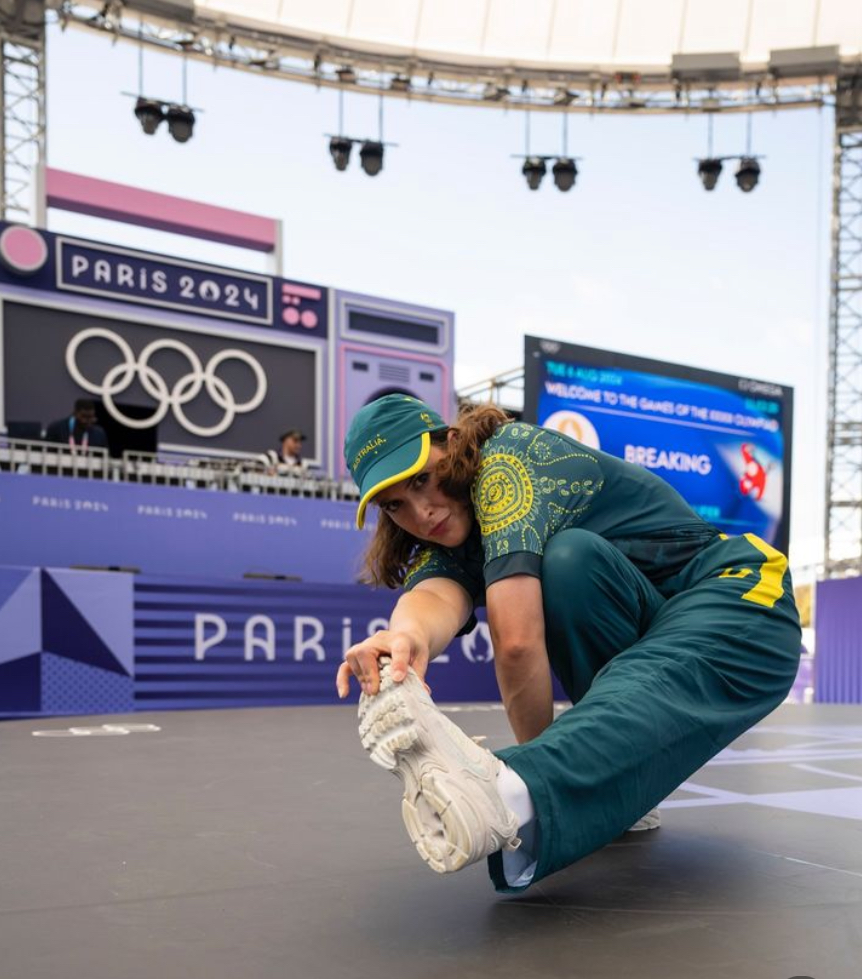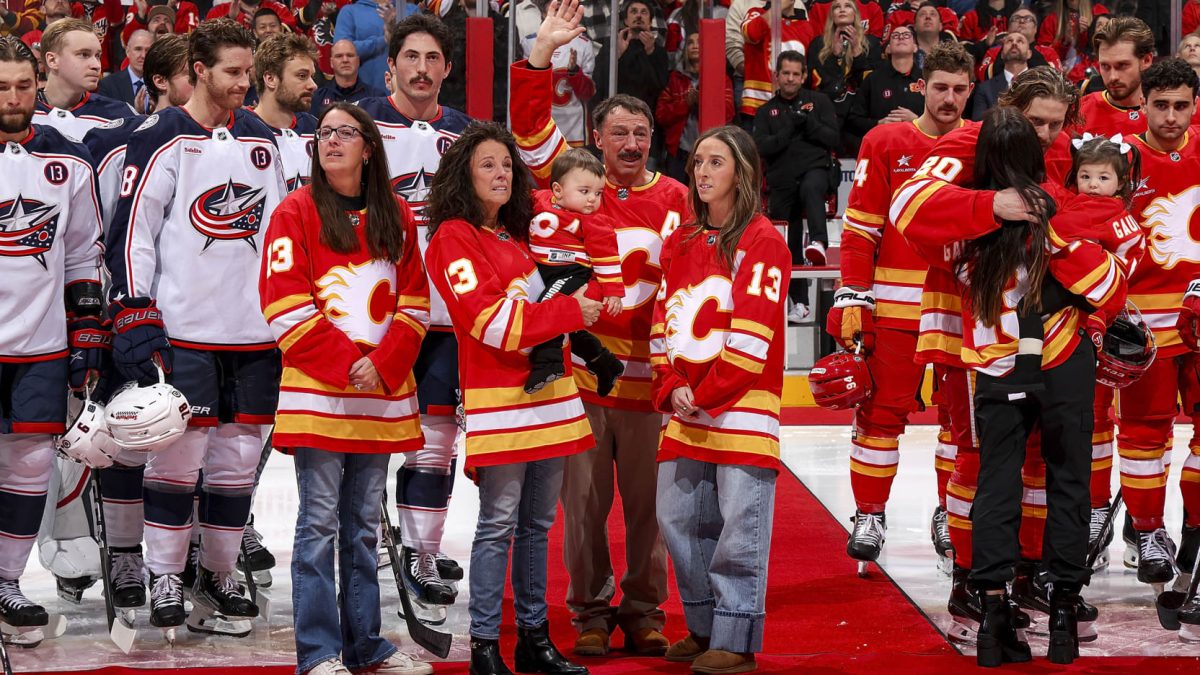Historically known for traditional sports such as wrestling, gymnastics, and track and field, the Olympics has embraced change by adding more contemporary events. At the Paris 2024 Summer Olympics, breakdancing—officially known as “breaking”—was added as a sport. Originating in the 1970s from the Bronx, breakdancing demonstrates key characteristics of acrobatic moves, footwork, artistic style, and athleticism. Debuting in the 2018 Youth Olympic Games, breaking was introduced as a medal event in Paris, drawing curiosity worldwide.
In particular, one Olympian, Rachael Gunna, stood out for surprising reasons. Known by her stage name “Raygun,” she is a 36-year-old breaker who represented Australia at the past Olympic games. Raygun competed in the women’s breaking competition, where her unique performance quickly gained attention across various social media platforms, becoming the subject of jokes and memes across various social media.
Raygun’s routine consisted of various “kangaroo-like hops” and movements that confused many viewers. As a result, Raygun lost all three of her battles without scoring a single point; she left the competition with a final score of 54-0. However, her unique performance gathered rapid attention on social media, where countless videos were uploaded either mocking her dance or admiring her confidence in being herself.
The controversy surrounding Raygun’s performance highlights a broader debate over introducing new and unconventional sports to the Olympics, particularly those with deep cultural roots, such as breakdancing. While some view the addition of sports like breaking as a refreshing and necessary evolution for the Games, others argue that such inclusions dilute the prestige of traditional Olympic sports that have long been associated with rigorous training and athletic achievement. Alexandra Zhu ‘26, an 11-year experienced dancer, said, “After watching that video, I don’t think break-dancing should be a sport anymore because rolling around on the floor is a sport for rolly pollies, not human beings.”
Despite these critiques, supporters of the new Olympic sports argue that evolving the games is essential to keeping them relevant to younger audiences. Skateboarding, surfing, and now breakdancing have helped draw in a fresh wave of viewers who may not have otherwise tuned in. As someone with no experience or knowledge in breaking, Esther Park ‘26 stated that Instagram videos showing clips of Raygun, “this video was the first video I ever saw on breaking. I know the sport is impressive, but out of context, these videos make the sport look goofy.” Often originating in street culture or countercultural movements, these events offer a chance to expand the Olympic platform and diversify the types of recognized athleticism. As these videos become viral among students, the Olympics and new sports athletes are gaining recognition globally.


